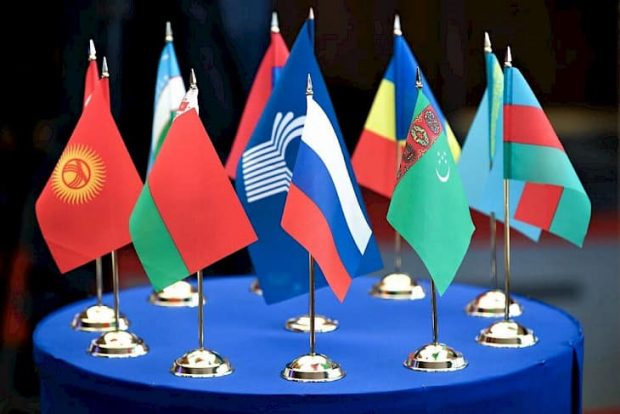Highest sympathy for Russia is in Tajikistan; lowest in Azerbaijan – Sociologists

By Kuban Abdymen
BISHKEK: The greatest sympathy for Russia and its humanitarian cooperation program is in Tajikistan and the least is in Azerbaijan, a survey has found.
The All-Russian Public Opinion Research Center (VTsIOM), together with the Eurasian Monitor Association, commissioned by Rossotrudnichestvo, conducted last year a sociological study of the public opinion in the Commonwealth of Independent States (CIS) regarding Russia and its humanitarian cooperation programs.
The CIS member states are Armenia, Azerbaijan, Belarus, Kazakhstan, Kyrgyzstan, Moldova, Russia, Tajikistan, Turkmenistan and Uzbekistan.
Sociologist Igor Zadorin, a representative of the Eurasian Monitor, spoke about some of the results of the study, Ritmeuarsia.org reports.
In Tajikistan, 95% of the respondents expressed positive views about Russia and its humanitarian cooperation programs while at the other end of the spectrum, the figure was only 38% in Azerbaijan.
Approximately the same rate of opinions was expressed when responding to the question whether Russia can be considered a friendly country.
In Uzbekistan (I. Zadorin spoke with a Podrobno.uz correspondent), the survey said that 74% of Uzbeks have a positive attitude towards Russia. It is also the friendliest for 67% of respondents.
“It is important to know how the population of our countries relates to the Commonwealth, to interaction between states, since it allows us to identify whether there is potential for the development of economic, economic and other ties,” I. Zadorin said.
“After all, the issue of integration is not only a matter of politicians, for the most part it concerns citizens as well. Their opinion plays a big role in whether ties will be broken or, on the contrary, intensified.
“The study showed how different we are. Despite the fact that we have a common history, and in principle there is still much in common, different geopolitical vectors are emerging. For example, Azerbaijan today is more focused on the Turkic-speaking world; in Moldova, which is closer to Europe, the West is beginning to dominate. If you look at the dynamics, you can say that 10 years ago the situation was different.”


